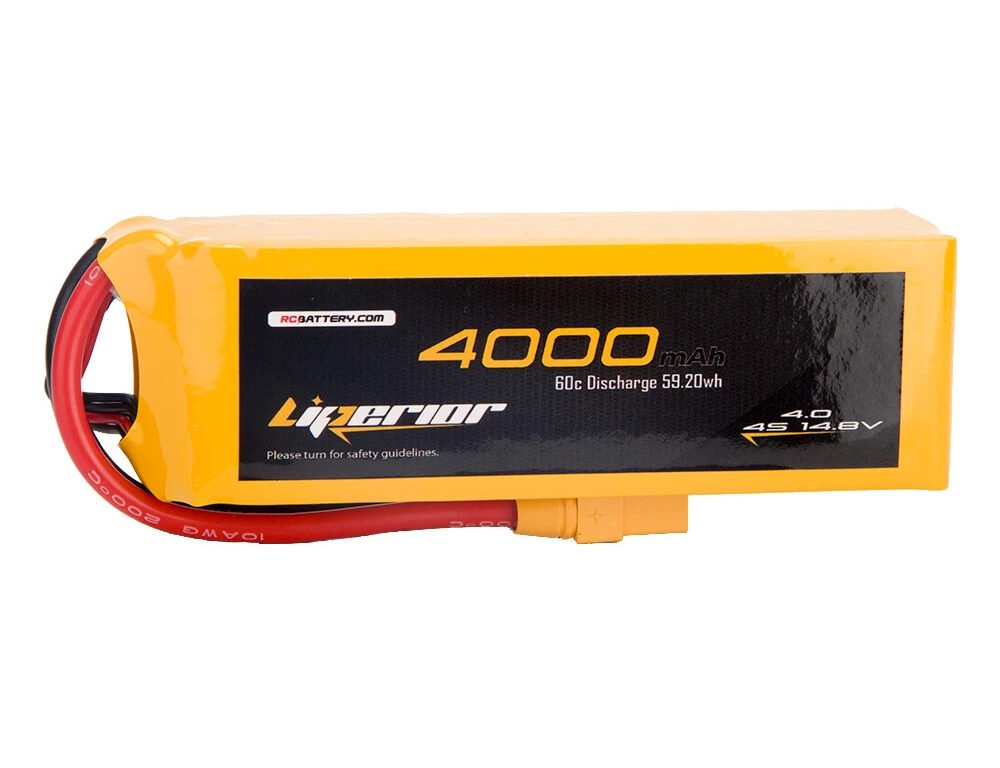Fly Safely: Answers to RC Airplane Battery Questions (Expert Q&A)

Dear remote control enthusiasts, we’ve all been there. You’ve carefully assembled your dream RC plane; the engine hums with anticipation, but then… dread sinks in as you look at the plane’s fuel light. Is the price affordable? How long does it take to fly? What if it breaks down in the air? Don’t be afraid. To answer these important questions, we’ve assembled a team of RC airplane battery experts to answer your most burning questions. Put them together to take your RC plane experience to the next level!
The Importance of Good Aircraft Batteries
Think of the flight battery as the heart of your remote-control plane. Reliable, well-maintained batteries are essential for consistent performance, long service life, and, most importantly, safety. Batteries cause more than 30 per cent of RC plane crashes. By properly understanding battery maintenance, you can reduce the risk of failure and keep your aircraft safe.
Answers to Common Questions About RC Airplanes
1. What Type of Airplane Battery Should I Use?
There are two types of batteries used in remote control aircraft:
Lithium Polymer (LiPo): The most popular choice for RC batteries due to its high power output, heavy-duty design, and long service life. However, lithium polymer batteries require special care and handling as they can easily overheat and catch fire if used incorrectly.
Nickel Metal Hydride (NiMH): NiMH batteries are a safer alternative to lithium polymer batteries and are less efficient but more prone to failure. It’s a good choice for beginners or those who fly without needing a model.
2. How to Properly Charge an RC Airplane Battery?
Be sure to use a dedicated RC airplane battery charger. Specially designed for Li-Polymer and NiMH batteries, this charger is efficient and stable. Some safety tips to keep in mind:
- Do not leave the battery while charging.
- Charge the battery on the fire-resistant screen.
- Use quality batteries for added security.
- Always follow the charger and battery manufacturer’s instructions.
3. How Long Will My Flight Battery Last?
RC airplane battery life depends on many factors, including:
- Battery Capacity (mAh): A battery with a larger mAh rating will provide longer operating time.
- Vehicle size and energy consumption: The larger the vehicle, the faster the battery.
- Flow Mode: The battery is more durable and high-performance.
A good rule of thumb is to wait 5-15 minutes for the lithium battery to charge. However, it is best to check your battery’s specifications and try to find the sweet spot for your model.
4. How to Properly Store Aircraft RC Batteries?
Proper storage is critical to preserve the service life of aircraft batteries. Some important points to remember are:
- Store batteries at room temperature, preferably 15-25°C.
- Do not store fully drained or fully charged batteries.
- For lithium polymer batteries, the target is a storage capacity of approximately 3.8V per cell.
- Store batteries in a cool, dry place, away from direct sunlight.
5. How Will I Know When to Replace My Airplane Battery?
There are a few signs that it’s time to replace your RC airplane battery:
- Working time is low: If your working time is shorter than before, your battery may be dead.
- Battery Failure: Battery failure can cause a serious safety hazard and must be replaced immediately.
- Decreased Performance: If your drone seems slow or sluggish, the battery may be to blame.
6. What is Class C?
The C rating of an RC airplane battery indicates its maximum discharge. Simply put, it shows how long the battery can be safely discharged. The information is as follows:
Higher C Rating: The battery provides faster power, which is beneficial for high-performance vehicles and heavy-duty driving.
Class C: Higher power output, suitable for light rail and entry-level vehicles.
7. Can I Use the Mobile Phone Charger to Charge the Remote Control Aircraft Battery?
No way! The voltage and current of the mobile phone charger are lower than those of the RC airplane battery. Using this may damage the battery or, worse, cause a fire. For safe and efficient operation, always use a dedicated RC airplane battery charger.
8. What Precautions Should Be Taken When Carrying Batteries on an Aircraft?
Some additional safety tips to keep in mind:
- Do not touch or crush the battery.
- Do not short-circuit the battery terminals.
- Insert the RC airplane battery into the appropriate battery compartment.
Be aware of the fire hazards associated with lithium polymer batteries, and keep a fire extinguisher nearby when charging or storing batteries.
9. How to Dispose of Used Aircraft Batteries?
Don’t throw used RC airplane batteries in the trash! Most battery stores and local recycling centres have good disposal options for lithium polymer and nickel metal hydride batteries. Please check with your local municipality for battery recycling.
10. Where Can I Learn More About RC Airplane Batteries?
The RC community is amazing and supportive! Here are some resources to expand your knowledge:
- Online Forums and Communities: Join online forums about RC planes where you can ask questions and hear from pilots.
- RC Clubs and Societies: Many Australian cities have RC flying clubs where you can connect with other enthusiasts and get useful advice.
- Online Tutorials and Videos: Many websites and YouTube channels offer information on RC airplane batteries, covering topics from selection to maintenance.
Summing Up
RC batteries may seem complicated at first, but with a little knowledge and these tips, you can ensure your batteries have the capacity and performance you want for many good matches. Remember, a well-maintained battery is a happy battery, and a happy battery means a happy RC pilot!




